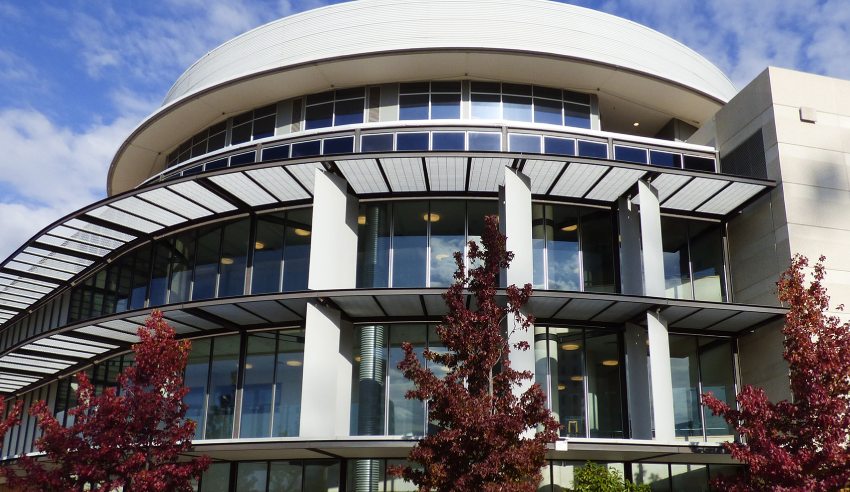Although Witness K has been spared jail time for conspiring to reveal classified information about the alleged spying on East Timor by the Australian government, senior human rights lawyer Kieran Pender said the sentencing – and the entirety of the trial behind closed doors – was a “dark day for democracy in Australia”.

The ACT Magistrates Court handed down a three-month suspended sentence after the former spy plead guilty to his charge, eight years after his home was first raided over the case. His lawyer at the time and co-accused Bernard Collaery has indicated that he will fight against his own conspiracy charges at trial.
Human Rights Law Centre (HRLC) senior lawyer Kieran Pender has expressed deep concern about what this could mean for future whistleblowers and cautioned that it may set a precedent for charging and sentencing people in total secrecy for “speaking up about wrongdoing”, despite the information being in the public interest.
“The whole saga is a dark chapter in Australia’s history. Witness K did the right thing. Whistleblowers should be protected, not punished,” Mr Pender commented.
“This sentencing will have a chilling effect on others who witness wrongdoing. Instead of speaking up and acting in the public interest, they will think twice given the enormous personal risk that comes with doing the right thing.”
Mr Pender said that not only does the Witness K and Mr Collaery case expose deep flaws in Australia’s whistleblowing laws, but that it was clear in the cases of defence whistleblower David McBride and Australian Taxation Office’s Richard Boyle.
“As a matter of priority, the Morrison Government must reform the Public Interest Disclosure Act to ensure everyday Australians feel safe and supported when they do the right thing and call out wrongdoing,” Mr Pender said.
“There is no public interest in prosecuting whistleblowers.”
